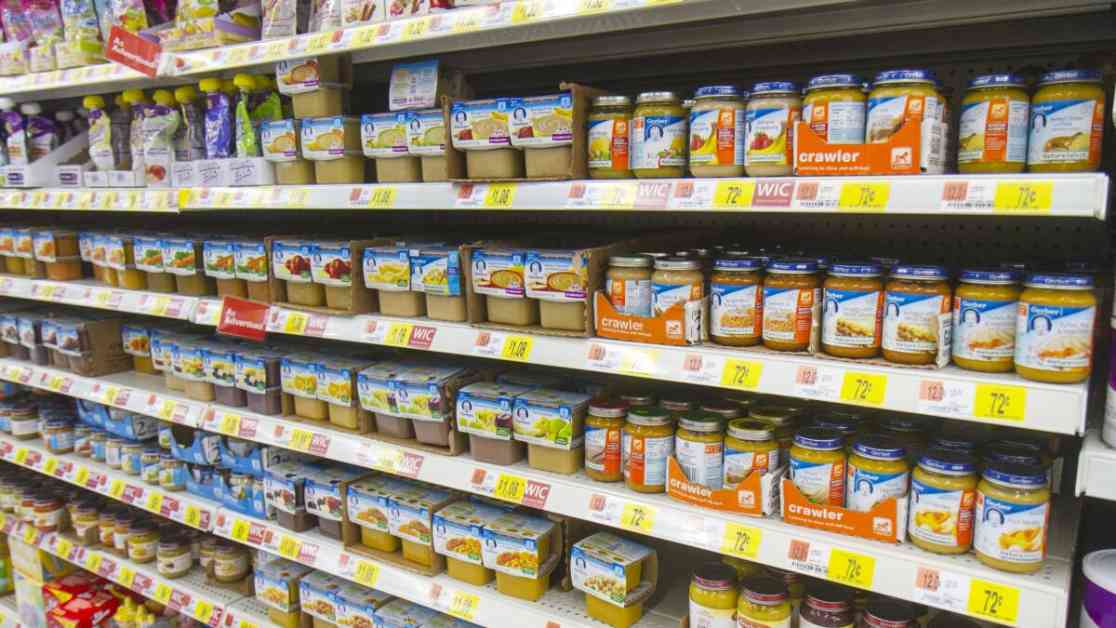FDA Sets Limits for Lead in Baby Foods: California Law Impact
The U.S. Food and Drug Administration made a significant move this week by establishing maximum levels for lead in baby foods, including jarred fruits and vegetables, yogurts, and dry cereal. This decision aims to reduce young children’s exposure to the harmful metal known to cause developmental and neurological issues. The FDA’s final guidance estimates a potential 20% to 30% decrease in lead exposure from processed baby foods. While these limits are voluntary for food manufacturers, they empower the FDA to enforce action if products exceed the set levels.
Impact and Reactions
Consumer advocates, long advocating for lead limits in children’s foods, view this guidance as a positive step towards protecting children. Thomas Galligan, a scientist from the Center for Science in the Public Interest, acknowledged the progress but expressed disappointment in the FDA’s delayed action and disregard for essential public input that could have further enhanced these standards.
California Law and National Implications
This FDA announcement closely follows the implementation of a new California law mandating baby food manufacturers to include QR codes on packaging. These codes provide consumers with monthly test results for heavy metals such as lead, mercury, arsenic, and cadmium present in their products. While this law initially impacts California, companies are likely to adopt this practice nationwide due to packaging constraints. The law stems from a congressional investigation revealing alarmingly high levels of heavy metals in baby and toddler foods, prompting the need for stricter regulations.
Expert Insights and Critiques
Jaclyn Bowen, executive director of the Clean Label Project, suggests parents use the FDA guidance alongside California’s new law to make informed choices regarding baby food safety. However, Brian Ronholm from Consumer Reports criticizes the FDA limits as inadequate for protecting public health, emphasizing the need for stricter standards.
In conclusion, the FDA’s initiative to limit lead in baby foods and California’s progressive law signal a positive shift towards safer products for children nationwide. While challenges and critiques persist, these developments mark significant progress in addressing the pervasive issue of heavy metal contamination in infant food products.


